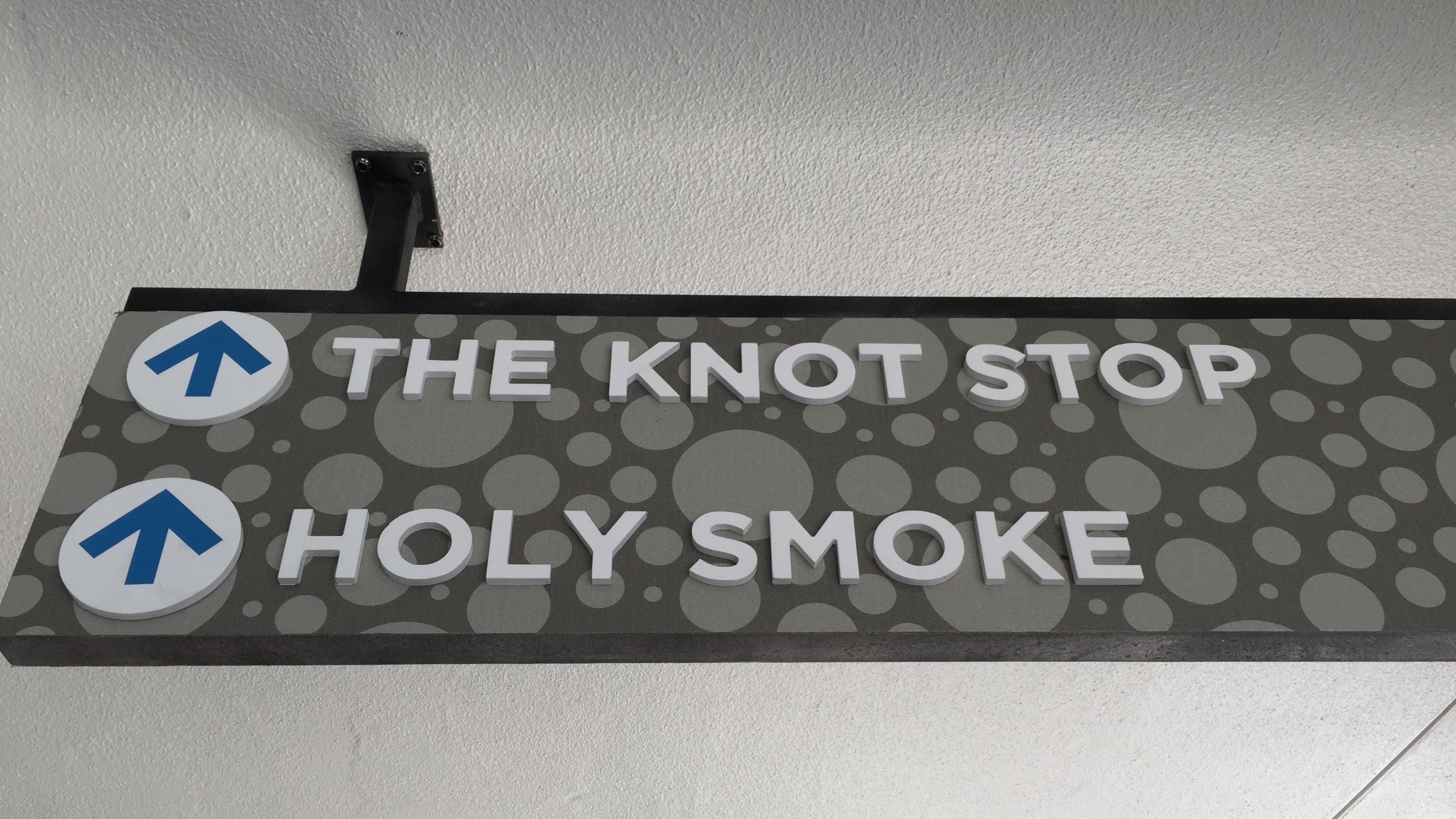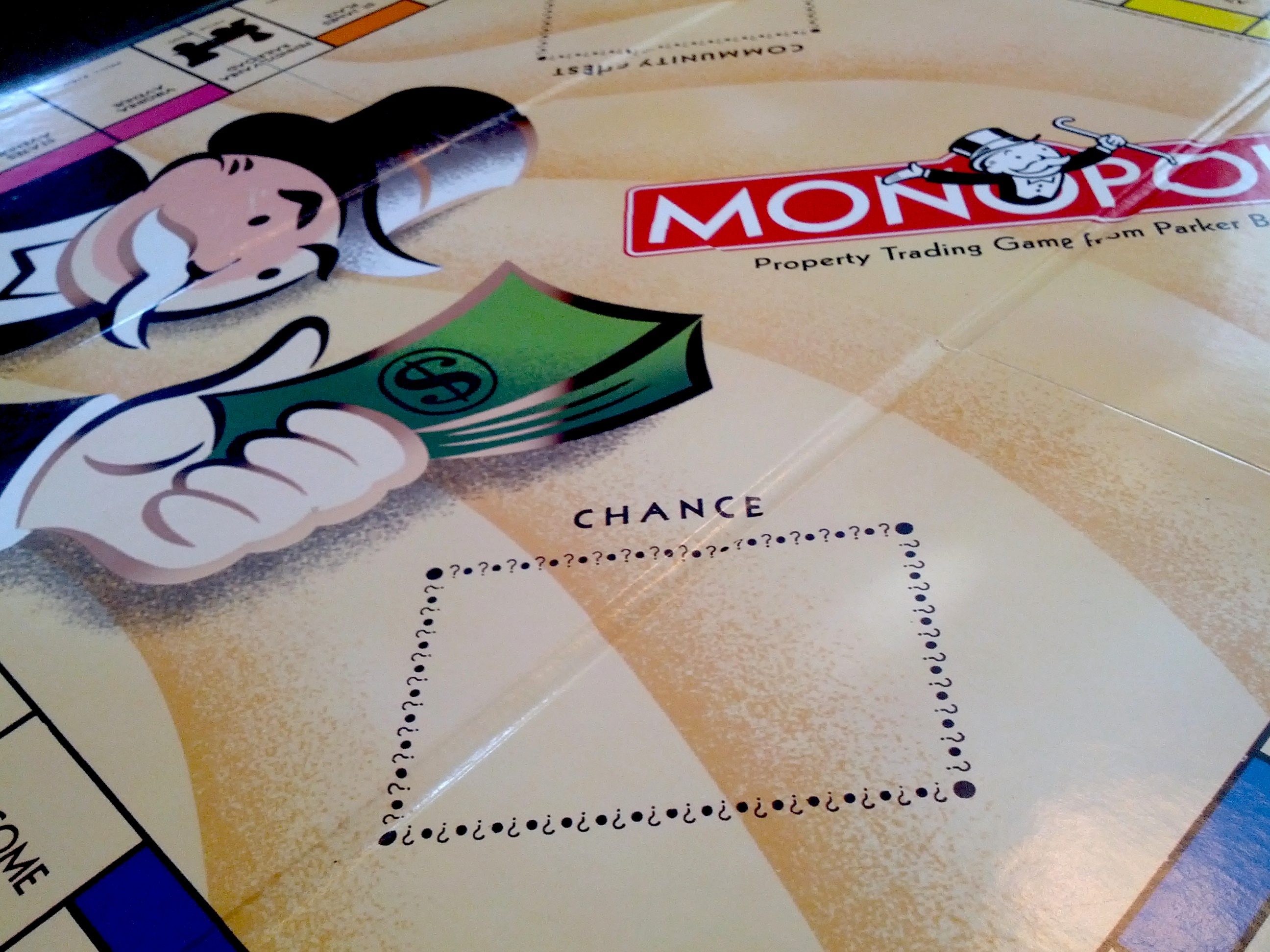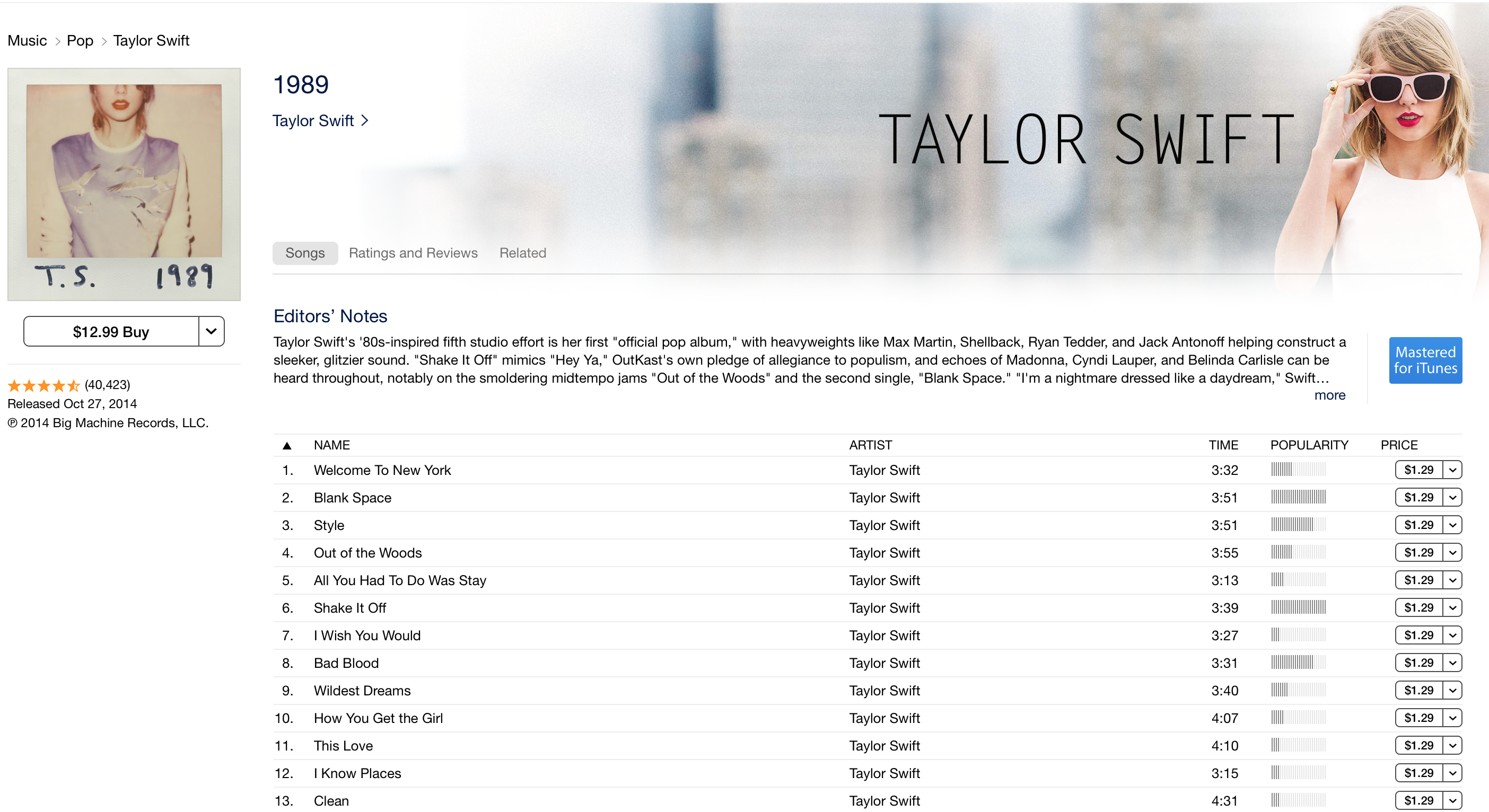Tomorrow night begins my seventh sojourn to the greatest geekfest and pop-culture event on the planet. Imitator shows are everywhere this Century, but none commands character and class like the original. San Diego Comic-Con is an amazing amalgamation of hopes and aspirations—and the grandest storytelling—where, for four days and a Preview Night, tens of thousands of people can be themselves—fit in, rather than feel oddball—or be whom they would want to be by dressing up as beloved superheroes or villains and by adoring the storytellers and actors behind them.
The first, full three-day event took place from Aug. 1-3, 1970, at the U.S. Grand Hotel, with about 300 attendees and sci-fi luminaries, including Ray Bradbury and A.E. van Vogt. This week, 130,000 attendees will storm San Diego Convention Center to enter an alternate reality, where the social rules binding them everyday no longer apply.











